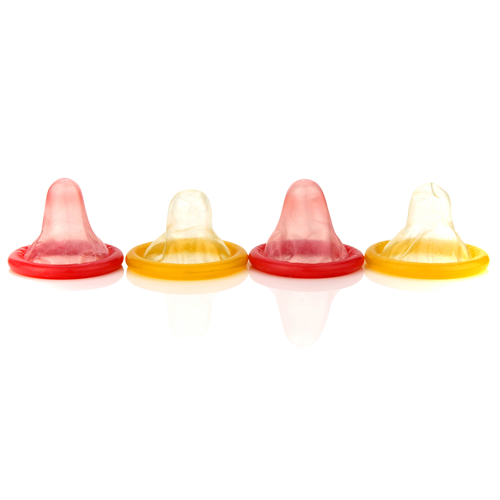Gonorrhea is a sexually transmitted infection. Education and prevention are the two best tools to stop it from spreading.
Overview
Although sexually transmitted infections (STIs) have received a lot of attention in recent years, gonorrhea remains one of the most common ones, especially among youth between the ages of 15 and 24.
Gonorrhea is caused by the bacteria Neisseria gonorrhoeae. It is transmitted by penetration of the penis in the vagina, mouth or anus. It is incorrect to claim that an infected person will be aware that they have been infected. In fact, women are usually asymptomatic, while men are more likely to have symptoms, but not always. When a person does have symptoms, they appear between one and seven days after contact with the bacteria and take these forms:
- pain when urinating or having intercourse
- pain in the rectum or lower abdomen
- abnormal discharge from the penis, vagina or anus
- sore throat in cases of oral-genital transmission
If left untreated, the infection can lead to complications such as lower abdomen pain, infertility or problems during pregnancy. Additionally, in a large proportion of cases, gonorrhea is coupled with chlamydia, another STI. If symptoms are present, diagnosis requires a swab of the cervix (in women), urethra (in men), throat or anus. Although unpleasant, this technique is not painful. If there are no symptoms, a simple urine sample is sufficient.
Treatment and prevention
Because gonorrhea is a bacterial infection, antibiotics are the mainstay of treatment. It is essential to notify all sexual partners so that they can be tested and treated if necessary, thus avoiding the spread of the disease. It should be noted that the free drug program of the Ministère de la Santé et des Services sociaux provides treatment at no cost with a prescription and a valid healthcare card.
Wearing a condom throughout every sexual encounter (vaginal, oral and anal) is the best way to avoid contracting and spreading gonorrhea. Simple to use, easy to carry, and inexpensive, a condom can protect your health and that of your partners’. It should be an integral part of your sexual habits, unless you have only one healthy, stable sexual partner.
If you have been diagnosed with gonorrhea, here are some tips:
- Ask yourself about your sexual habits. Talk to a healthcare professional about how to have a safe and healthy sex life.
- For effective treatment, make sure you follow the doctor’s and pharmacist’s instructions.
- During treatment, abstain from sexual activity or wear a condom. This should be done for up to seven days after the end of treatment if it is a single dose.
Your pharmacist can tell you what type of condom is right for you and how to use it.
Sexually transmitted diseases are a fact of life. If you do get one, don’t judge yourself or be embarrassed. It can happen to anyone. However, take steps to ensure that it doesn't happen to you again and to avoid inconveniencing other people.
Remember that your pharmacist is always there to help you and to answer your questions when it comes to health matters!

